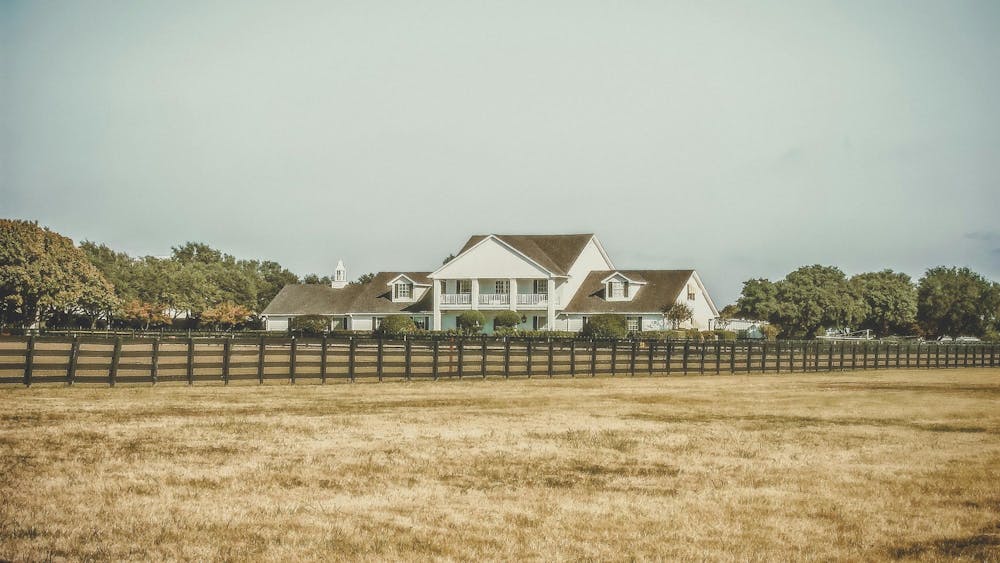In a famous bit, comedian Louis C.K. expresses his consternation with gay marriage opponents, noting none are, for example, obligated to attend same-sex matrimonies or buy the newlyweds a gift. “It doesn’t have any effect on your life,” inveighs CK, and I long affirmed his conclusion that opposition to marriage equality was thus simply myopic and mean-spirited. Similarly agreeable was Louis C.K.’s comment addressing those objecting to gay marriage by saying “what if people start marrying their dogs?” What business of mine could others’ sex lives possibly be? The state’s long and oppressive arm obviously has no place in the bedroom. This conviction went unshaken for years until this summer, when, at a far remove from the suburban cloister of my childhood and adolescence, confrontation with the mores of foreign shores made me markedly less certain of, if not necessarily converted from, my old position.
A dear friend of mine resides, during breaks from classes, with his family in Bangkok. He graciously invited me to visit this summer, and I, heart aflutter with visions of “The Hangover Part II,” jumped at the opportunity. Soon into my Southeast Asian fortnight, I was having lunch with my friend and his mother in a massive Bangkok shopping mall when his mother commented, “No matter how long I’ve been here, I can never get used to the sight of men in public with their multiple wives.”
Shocked, I asked her what she meant. She and her son, smiling at my Midwestern naivety, nodded towards another table, where a man sat alongside three women covered head-to-toe in billowing black cloth. Suddenly it dawned on me: I’d seen such families everywhere in the city, but I’d never realized the exact nature of the relationship. Though I may be just a pearl-clutching resident of flyover country, I couldn’t stop thinking about what I’d seen. I realized my position on marriage — as the state has no right nor duty to govern its peoples’ morality and relationships, it is unfair to define marriage as between one man and woman, as it would be unfair for the state to define it as anything — would allow these polygamous unions. But I knew — just as strongly as I knew homophobia is wrong and stupid — that I do not want this in my country, not ever. I refuse to condone any system or law institutionalizing the subjugation of women, who are conditioned from birth into a system that treats them as subservient chattel insufficiently trustworthy to be allowed outside without a male relative — let alone wearing shorts. I refuse to condone any system or law that views women as unworthy of a monogamous matrimony, only deserving the status of one of a coterie of wives-as-objects for a man.
My visceral emotional reaction to what I saw instigated a succession of new questions. Are there never any relationships, arrangements, and social structures so oppressive and undesirable the government should prohibit them? Freedom of choice is a fine principle, but what can it possibly mean when one is instructed in a system from birth, the ostensibly free rejection of which could lead to alienation from ties of family and community? Certainly polygamy and shrouding of the female form do not, by necessity, mean patriarchal oppression and control. However, I hope my conjecture that those institutions are less than perfectly conducive to the realization of women’s self-determination and personal autonomy is not too bold. My motivation is less than entirely altruistic; I’ve had enough brilliant female professors that I’m well aware the denial of freedom to women is not only a crime against the fairer sex, but a strike against the welfare of the state, depriving it of able servants.
I still want to affirm a system of complete government abstention from matters of personal relationships and lifestyles, but I’m now unsettled by doubts. As a people, don’t we have to make choices about what sort of society we want to be? Do we really have no say in how our neighbors conduct their lives, if we believe that way of life to be deleterious to both those involved and our nation itself? But if the state proscribes some choices, how can it justify a laissez-faire approach to certain types of relationships, but not to others? I have no idea, but I know there are certain arrangements a just state, one for which I would pay taxes and die, cannot allow. By no means does it follow that the government should prohibit gay marriage. But what this might mean is that one of, if not the primary, ways of justifying its legalization — love is love, who are you to say what other people choose, the state has no place in the bedroom — rests on far less firm ground than I once imagined.













